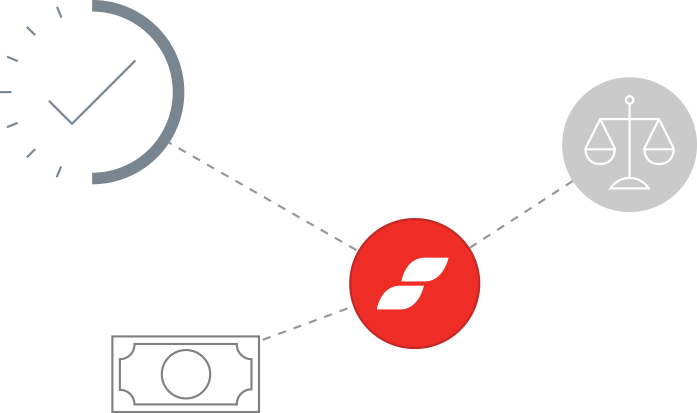Consumer credit score
Gain a quick understanding of a customer’s financial position and ability to fulfil their credit commitments. Our consumer credit scores calculate in a number of factors to enable you to make an informed credit risk decision as to who you do, and do not, want to do business with.
Person details
View all current and historical demographic information on a person to help you verify they are who they say they are. Access a full list of current and previous addresses and easily spot any suspicious data that doesn’t match up.

